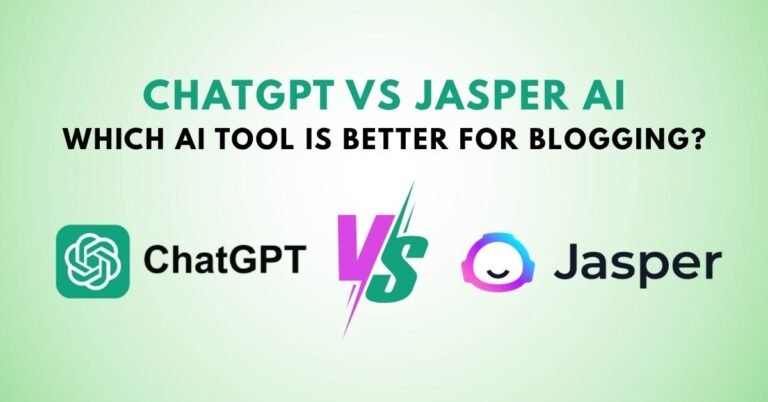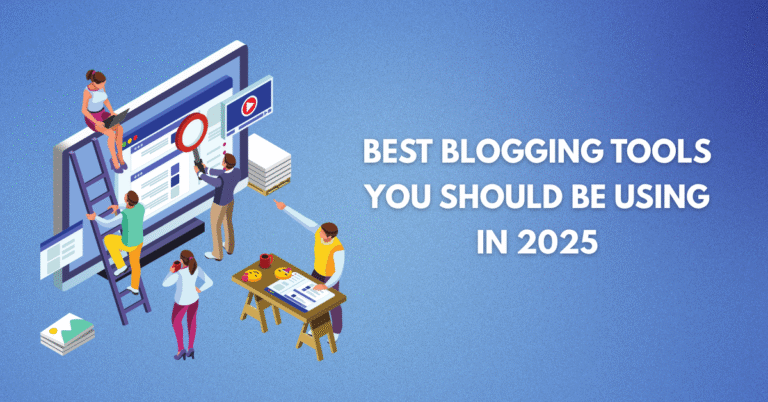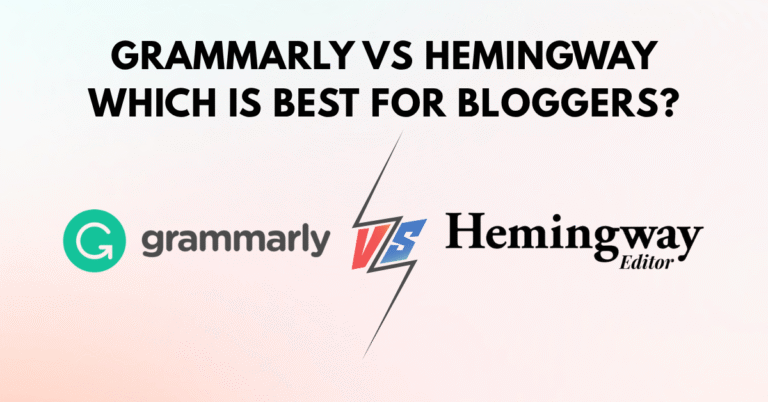If you’re starting a blog with WordPress, chances are you’ve already heard about two of the most popular page builders out there: Elementor and Divi. Both tools promise drag-and-drop design magic without needing to touch code — but which one is truly better for beginners?
In this guide, we’ll compare Elementor and Divi side-by-side to help you make the best decision for your blog’s success.

Why Use a Page Builder as a Beginner Blogger?
As a new blogger, you probably don’t want to get lost in complex code, confusing themes, or clunky interfaces. That’s where WordPress page builders come in.
Here’s what a good page builder offers:
- Drag-and-drop editing
- Pre-built templates
- Customization without coding
- Mobile responsiveness
- Fast design workflow
With Elementor and Divi leading the pack, let’s break down how they stack up in key areas.
Overview of Elementor and Divi
What is Elementor?
Elementor is a freemium page builder plugin for WordPress. It allows users to create beautiful websites using a live, drag-and-drop editor.
- Launched: 2016
- User Base: 10M+ websites
- Pricing: Free version available + Pro plans
What is Divi?
Divi is a premium-only theme and visual builder developed by Elegant Themes. It includes both a page builder and a theme, packaged as one.
- Launched: 2013
- User Base: 1M+ users
- Pricing: Paid only (yearly or lifetime access)
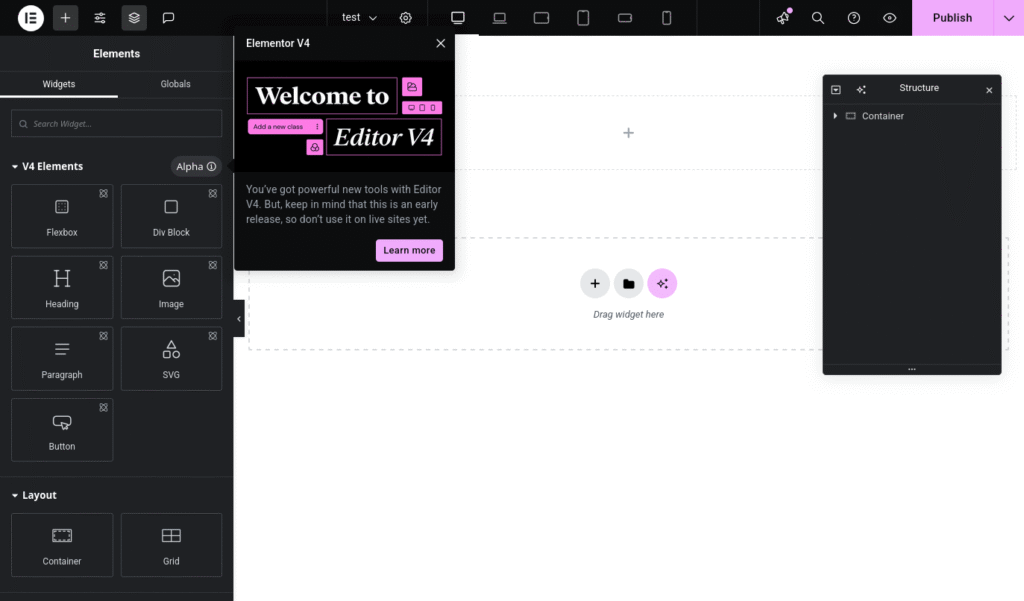
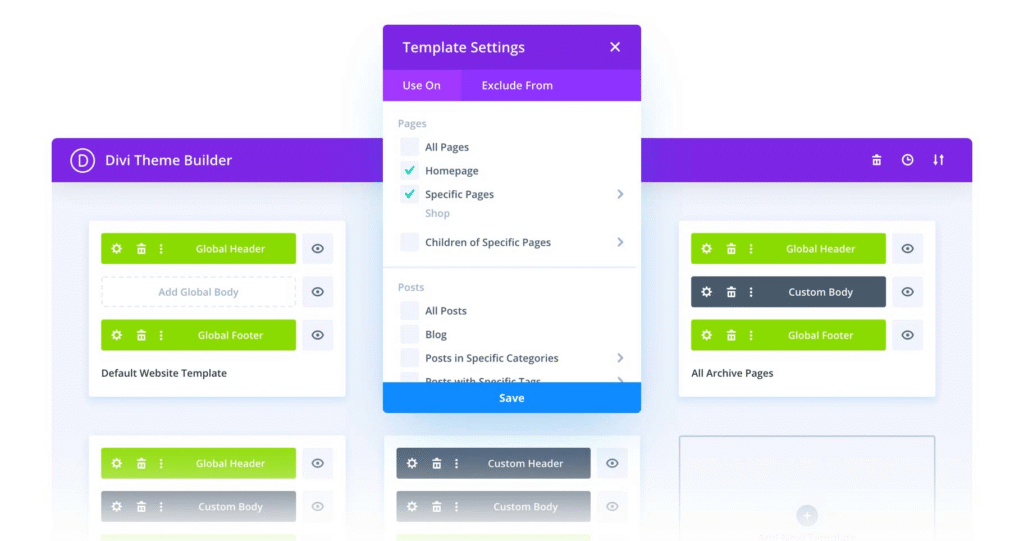
Ease of Use
Elementor
- Clean and modern interface
- Widgets easily accessible
- Sidebar panel for controls
- Intuitive for beginners
Divi
- Slightly steeper learning curve
- Inline editing is powerful, but confusing at first
- Backend and frontend editor options
Verdict: Elementor is generally easier to learn and faster to get started with for new bloggers.
Templates and Design Options
Elementor
- 100+ free templates (in Pro: 300+)
- Elementor Kits for entire site design
- Sections and blocks available
Divi
- 2,000+ pre-made layouts
- 200+ complete website packs
- Global design settings
Verdict: Divi wins in quantity, but Elementor’s Kits are more modular and beginner-friendly.
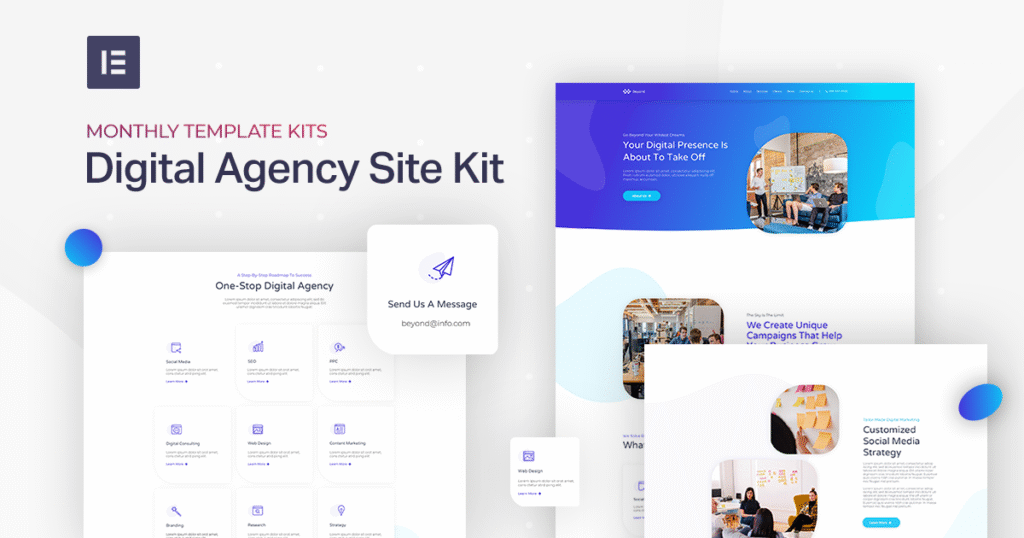
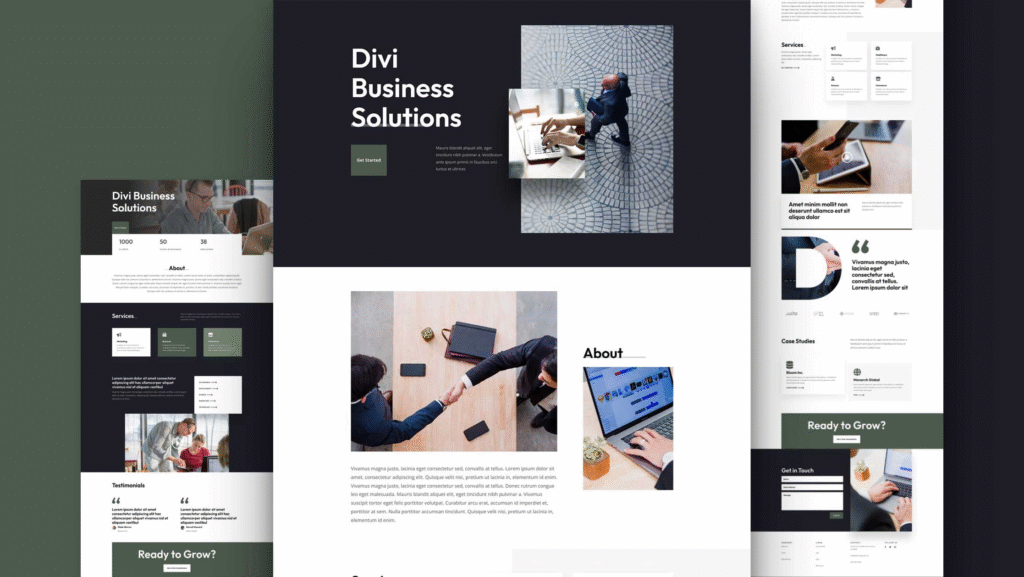
Customization and Features
Elementor Features
- Theme builder
- Popup builder
- WooCommerce support
- Responsive editing
- Motion effects
Divi Features
- Theme builder
- A/B testing (Split Testing)
- Role editor
- WooCommerce support
- Advanced design controls
Verdict: Both offer advanced customization, but Elementor Pro adds value with widgets like forms, popups, and integrations.
Performance and Speed
Website speed is crucial for SEO and user experience.
- Elementor tends to be faster out of the box, especially with lighter themes like Hello or Astra.
- Divi has improved recently, but it still loads more assets by default.
Tip for Beginners: Whichever builder you choose, use caching plugins and image optimization to improve speed.
Pricing Comparison
Elementor Pricing
- Free version available
- Pro starts at $59/year for 1 site
- Includes: Theme builder, popup builder, pro widgets
Divi Pricing
- No free version
- $89/year for unlimited websites
- $249 for lifetime access
Verdict: Elementor is better for solo beginners on a budget. Divi is better for long-term use or agencies due to unlimited site license.
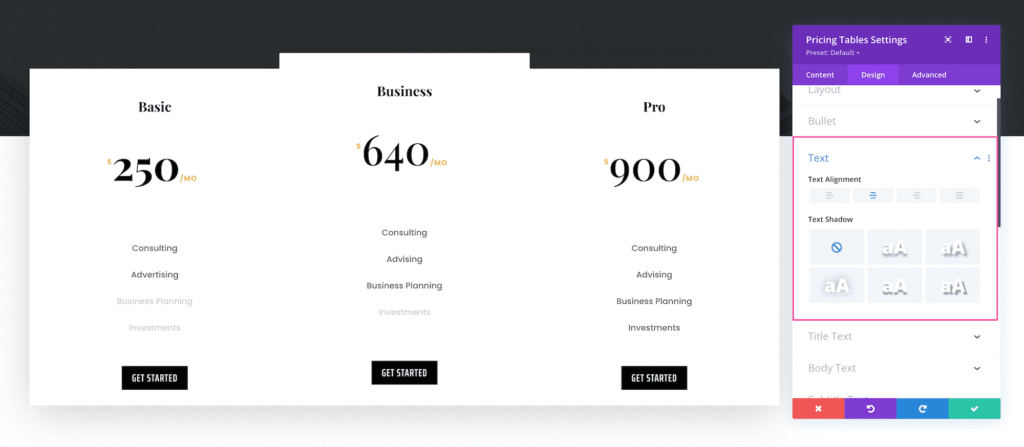
Support and Community
Elementor
- Large community forums
- Active Facebook groups
- Ticket support for Pro users
- Regular updates and tutorials
Divi
- Email and live chat support
- Huge knowledge base
- Elegant Themes blog and community
Verdict: Both offer excellent support, but Elementor’s community is more active and beginner-focused.
Integration and Compatibility
- Elementor: Works with most WordPress themes and plugins. Especially popular with Astra, GeneratePress, and Hello.
- Divi: Works best with its own Divi theme, although the builder can now be used standalone with other themes.
Verdict: Elementor offers more flexibility if you want to change themes later.
Real Beginner Use Cases
Use Elementor if:
- You want to use a free version to get started
- You prefer simplicity and fast setup
- You want modular flexibility with templates
Use Divi if:
- You’re okay with investing upfront
- You like an all-in-one theme + builder setup
- You plan to build multiple sites
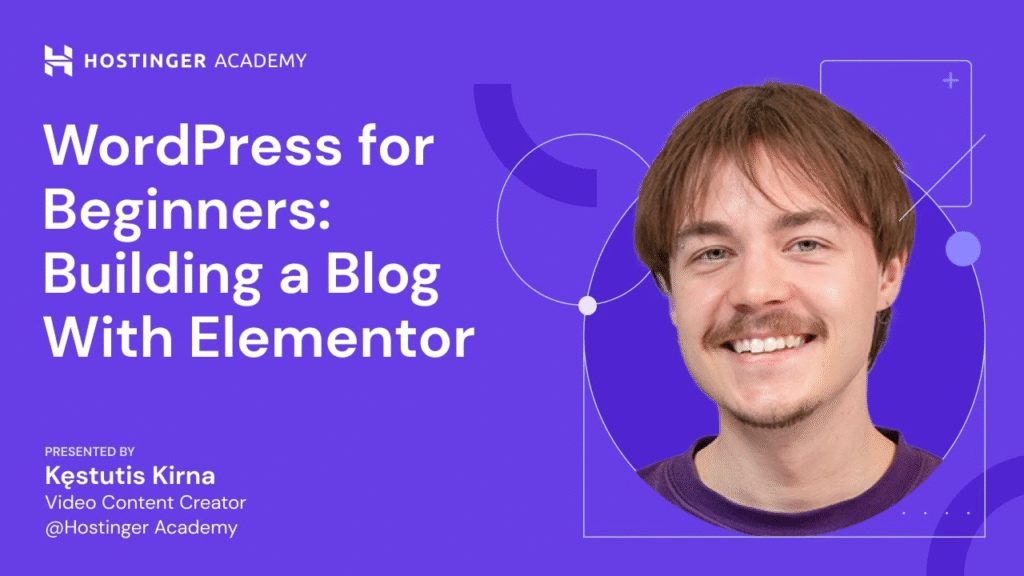
Pros and Cons
Elementor
Pros:
- Free version available
- Easy to learn
- Modular design with templates
- Fast performance
- Huge third-party ecosystem
Cons:
- Pro features require annual payment
- Can slow down site if overused
Divi
Pros:
- Lifetime pricing option
- Massive layout library
- Built-in A/B testing
- Elegant interface for design lovers
Cons:
- No free version
- Heavier performance
- Slightly harder learning curve
Learner’s Verdict: Which One Should You Choose?
If you’re just starting your blogging journey, Elementor is the better choice.
Its ease of use, free tier, and growing ecosystem make it ideal for solo bloggers. However, if you’re planning to build multiple sites or want a lifetime deal, Divi offers excellent long-term value.
At Helping Bloggers, we recommend starting with Elementor, especially when paired with a lightweight theme like Astra or Hello Elementor.
FAQ: Elementor vs Divi
Both can be SEO-friendly if used properly, but Elementor offers more control over responsive settings and load speed.
It’s possible, but not recommended. Each builder uses shortcodes or elements that may not transfer cleanly. Choose wisely from the start.
Final Thoughts
Choosing the right page builder sets the foundation for your blog’s success. Elementor offers the flexibility, ease, and price point that beginners will appreciate. Divi shines for long-term users with a design-heavy approach and great value via its lifetime deal.
Whichever you choose, don’t get stuck in analysis paralysis. Start building and keep learning — that’s the true secret to blogging success.


